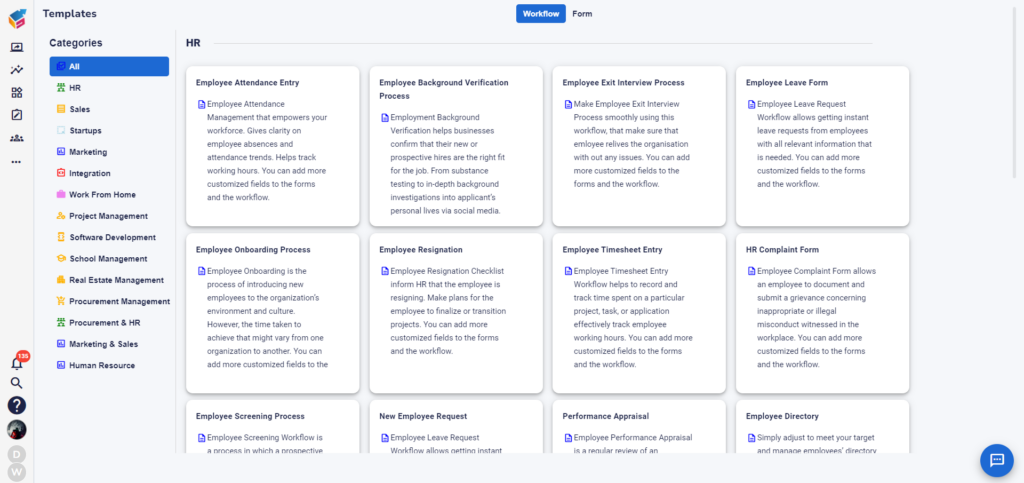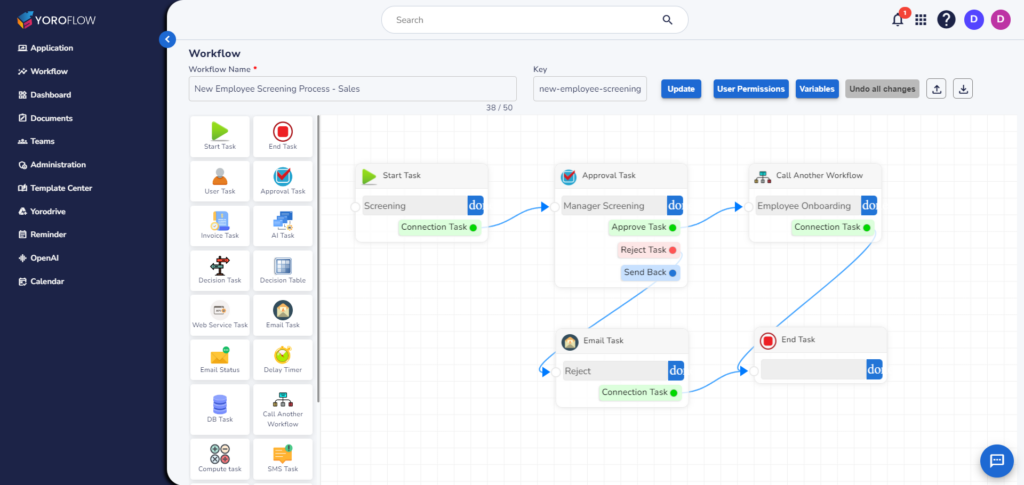Table of Contents
In the modern digital landscape, there is a growing demand for software and applications at a rapid pace. The traditional development model necessitates more time and highly skilled resources proficient in coding. However, this time-consuming approach poses challenges in meeting the escalating demand efficiently.
As technology advances, citizen development has become a notable trend in software development. Citizen development entails non-technical employees creating or customizing applications tailored to address business requirements, typically using low-code or no-code platforms.
This article elaborates on what citizen development is, and statistics that are changing the citizen development landscape.
What is citizen development?
Citizen development refers to the practice of non-technical individuals within an organization creating or customizing software applications to fulfill specific business needs. These individuals, often referred to as “citizen developers,” typically have limited or no coding experience but use low-code/no-code (LCNC) platforms to build applications.
Citizen development platform empowers business users to take a more active role in addressing their departmental or team requirements without relying solely on IT or professional developers. It allows for faster innovation, increased agility, and the ability to quickly respond to changing business needs. Yoroflow is one of the LCNC platforms with numerous pre-defined modules and templates to enhance citizen development automation.
Examples of citizen development initiatives include creating custom workflows, automating repetitive tasks, building internal tools or dashboards, and developing simple applications to streamline processes. Citizen development can occur in various departments and functions within an organization, from marketing and sales to operations and HR.
The changing landscape and statistics of citizen development
Statistics underscore the growing significance of citizen development. Studies reveal a steady rise in organizations embracing citizen development models, driven by the need for faster innovation and increased agility. Moreover, the adoption of LCNC platforms, which facilitate citizen development, is on the rise. These platforms offer intuitive citizen development tools and pre-built templates, making it easier for non-technical users to create and customize applications.

Growth of citizen development
In recent years, citizen development has seen exponential growth, propelled by the rising demand for digital solutions within organizations. The integration of no-code automation further enriches the citizen development framework, resulting in streamlined workflows and heightened efficiency.
Adoption across industries
Citizen development is no longer confined to a specific industry or sector. Organizations across various industries, including healthcare, finance, manufacturing, and retail, are embracing citizen development to empower employees and accelerate digital transformation efforts. Recent studies indicate that over 70% of organizations have implemented citizen development initiatives or plan to do so soon.
Impact on IT departments
The rise of citizen development is reshaping the role of IT departments within organizations. While IT traditionally led software development initiatives, citizen development allows business users to take a more active role in creating and customizing applications.
Benefits for business users
Citizen development offers numerous benefits for business users, including increased agility, faster time-to-market, and greater control over software solutions. Recent surveys indicate that over 80% of business users who engage in citizen development report improved productivity and job satisfaction. Additionally, over 70% of business users believe citizen development has positively impacted their ability to innovate within their organizations.
Addressing the skills gap
One of the driving forces behind the adoption of citizen development is the growing skills gap in traditional software development. With a shortage of skilled developers, organizations are turning to citizen development to bridge the gap and empower employees to create their own solutions. Statistics show that over 50% of organizations cite the shortage of skilled developers as a significant challenge, driving interest in citizen development initiatives
Challenges and concerns
Despite its benefits, citizen development also presents challenges and concerns for organizations. Security, governance, and compliance are top concerns cited by IT leaders, with over 60% expressing reservations about the security implications of citizen-developed applications. Additionally, integration with existing systems and maintaining quality standards are key challenges faced by organizations implementing citizen development initiatives.
Evolution of LCNC platforms
Low-code platforms play a central role in enabling citizen development, offering intuitive tools and pre-built components that simplify the application development process. In recent years, low-code platforms have evolved to address the needs of citizen developers, with enhanced features for collaboration, integration, and scalability. Statistics indicate that over 80% of organizations view low-code platforms as essential tools for citizen development initiatives.

Outlook
Looking ahead, the future of citizen development appears promising, with continued growth and innovation on the horizon. As organizations increasingly embrace digital transformation and seek to empower employees, citizen development will play a pivotal role in driving innovation and agility. With advancements in low-code platforms, increased collaboration between IT and business users, and a focus on addressing security and compliance concerns, citizen development will continue to shape the future of software development beyond 2024.
Get started now
As we venture beyond 2024, citizen development emerges as a transformative force in the world of software development. With its ability to empower employees, accelerate innovation, and address the skills gap, citizen development holds immense potential to drive digital transformation and foster organizational agility. By embracing citizen development initiatives and leveraging LCNC platforms like Yoroflow, organizations can unlock new opportunities for growth, innovation, and competitive advantage in the digital age.




